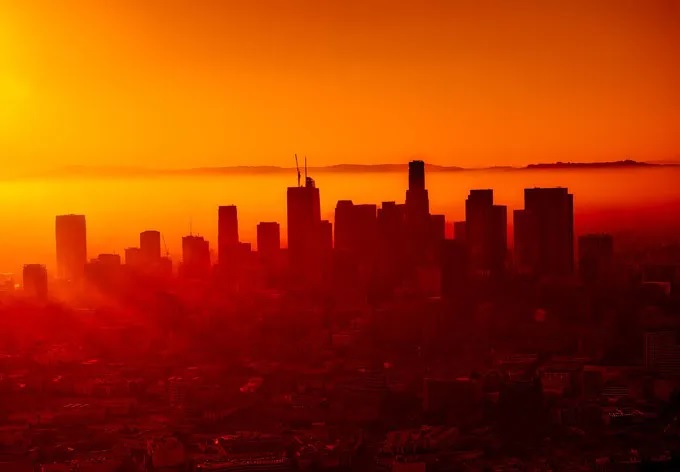Our planet is at a crossroads. Climate change is no longer a distant threat, but a looming crisis impacting everything from weather patterns to food security. The good news? We still have time to act. But the stakes are high. If we fail to address climate change, we risk a future of extreme weather events, rising sea levels, mass extinctions, and widespread displacement. This isn’t a drill; it’s a wake-up call. By tackling the following ten key factors, we can collectively rewrite the narrative and build a more sustainable future for generations to come.
10 Urgent Fixes for Climate Change
- Fossil Fuel Dependence: Our heavy reliance on fossil fuels like coal, oil and gas for energy generation is the biggest culprit of greenhouse gas emissions. We need to rapidly transition to renewable energy sources like solar, wind, geothermal and hydro.
- Deforestation: Forests act as carbon sinks, absorbing CO2 from the atmosphere. Deforestation for agriculture, logging and development reduces this vital function. Protecting existing forests and planting new trees are crucial steps.
- Industrial Emissions: Industries are major emitters of greenhouse gases and pollutants. Investing in cleaner technologies, energy efficiency, and carbon capture methods can significantly reduce their environmental impact.
- Inefficient Agriculture: Agricultural practices like excessive use of fertilizers and methane emissions from livestock contribute to climate change. Sustainable farming methods, reducing food waste and adopting plant-based diets are some solutions.
- Transportation Emissions: Transportation powered by fossil fuels is a major source of air pollution and greenhouse gases. Encouraging electric vehicles, public transport, cycling and walking are ways to reduce emissions.
- Building Energy Use: Buildings consume a significant amount of energy for heating, cooling and lighting. Improving energy efficiency through better insulation, smart appliances and sustainable building practices can make a big difference.
- Short-Lived Climate Pollutants (SLCPs): These pollutants like black carbon and methane have a shorter lifespan in the atmosphere but trap heat much more effectively than CO2. Reducing emissions of SLCPs can have a rapid impact on slowing global warming.
- Lack of Global Cooperation: Climate change is a global problem and requires a united international effort. International agreements, collaboration on technological solutions and sharing resources are essential for effective action.
- Individual Consumption Habits: Our everyday choices like excessive consumption, food waste and travel habits contribute to our carbon footprint. Making conscious choices and adopting a more sustainable lifestyle can make a positive impact.
- Climate Change Education and Awareness: Raising awareness about the urgency of climate change and empowering individuals to take action is critical. Education, community engagement and fostering a sense of responsibility are essential for long-term solutions.
The fight against climate change demands a global village. From international cooperation to individual lifestyle choices, every action counts. Let’s leverage the power of knowledge, innovation, and collective responsibility to heal our planet. What changes will you make today to be part of the solution? Share your thoughts and inspire others to join the movement for a thriving Earth!


